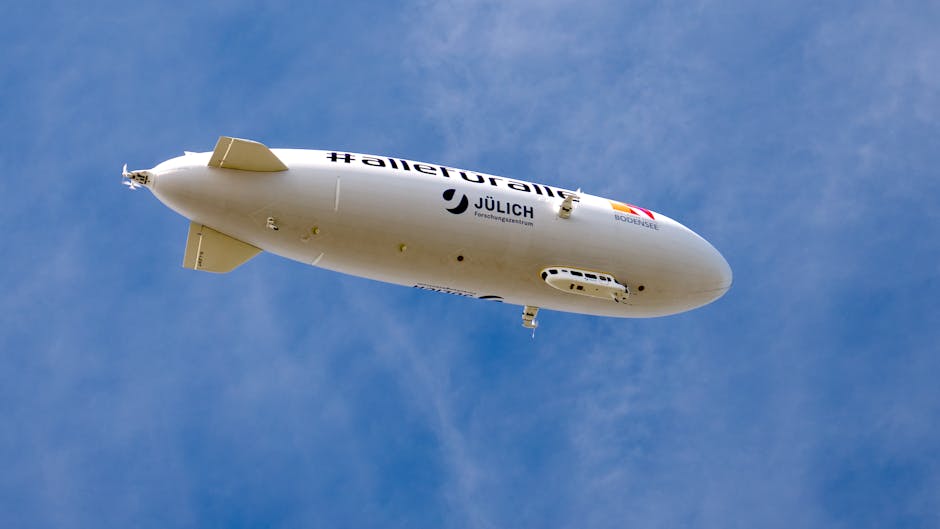**
Delhi’s Battle Against Smog: CAQM Implements Strict Vehicle Ban
New Delhi – To combat the worsening Delhi air pollution, the Commission for Air Quality Management (CAQM) has imposed a strict ban on commercial goods vehicles from entering the city starting November 1. This decisive measure is part of a proactive strategy to prevent the capital’s air quality from plummeting into the ‘Severe’ category as winter approaches.
This pre-emptive strike falls under the Graded Response Action Plan (GRAP) Stage II, which is automatically triggered when the Air Quality Index (AQI) is projected to be in the ‘Very Poor’ range (301-400). With falling temperatures, stagnant winds, and an increase in farm fires in neighbouring states, authorities are taking no chances in the annual fight for breathable air.
Which Vehicles Are Banned Under GRAP Stage II?
The CAQM order specifically targets diesel-powered commercial trucks. The ban applies to:
- Light Commercial Vehicles (LCVs)
- Medium Goods Vehicles (MGVs)
- Heavy Goods Vehicles (HGVs)
This comprehensive restriction applies not only to vehicles trying to enter Delhi from other states but also to diesel commercial vehicles registered in Delhi itself.
Exemptions: Ensuring Essential Services Continue
To prevent disruption of vital supplies, the CAQM has provided crucial exemptions. The following vehicles are NOT affected by the ban:
- Vehicles running on CNG or electric power.
- All vehicles compliant with BS-VI emission norms.
- Trucks carrying essential commodities like milk, vegetables, fruits, medical supplies, and petroleum products, regardless of fuel type.
A Proactive Measure to Avert a Health Crisis
Officials emphasize that this is a proactive strategy to prevent the AQI from deteriorating further. Vehicular emissions, particularly from older diesel commercial vehicles, are a primary contributor to Delhi’s toxic PM2.5 and PM10 levels. By removing these high-polluting trucks from the roads, the CAQM aims to cap the pollution before it spirals out of control.
This ban is one of several actions under GRAP Stage II. Other measures include more frequent mechanized road sweeping, water sprinkling, enhancing public transport services, and increasing parking fees to discourage private vehicle use.
Impact of the Commercial Vehicle Ban on Delhi’s Trade
While environmentalists have lauded the move, transporter unions and business owners have voiced concerns about the potential disruption to the supply chain for non-essential goods like electronics, apparel, and construction materials.
“We all want clean air, but such a sudden ban hits our businesses hard,” said a representative of a local traders’ association. “The transition to BS-VI or electric vehicles is expensive and cannot happen overnight. This will lead to delays and increased costs.”
The ban will remain in effect until further notice. The CAQM will closely monitor the AQI and weather conditions. If the Delhi air pollution situation worsens, stricter measures under GRAP Stage III and IV, such as a halt on construction and the ‘odd-even’ scheme, could be implemented.
**




